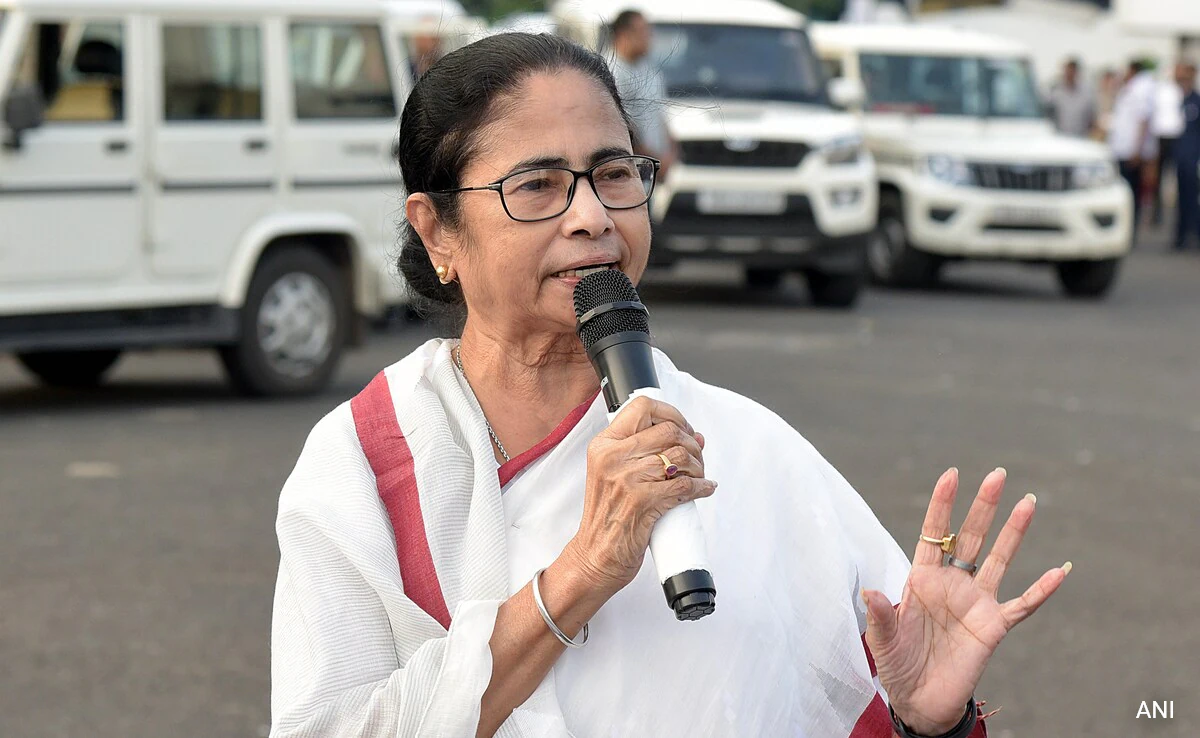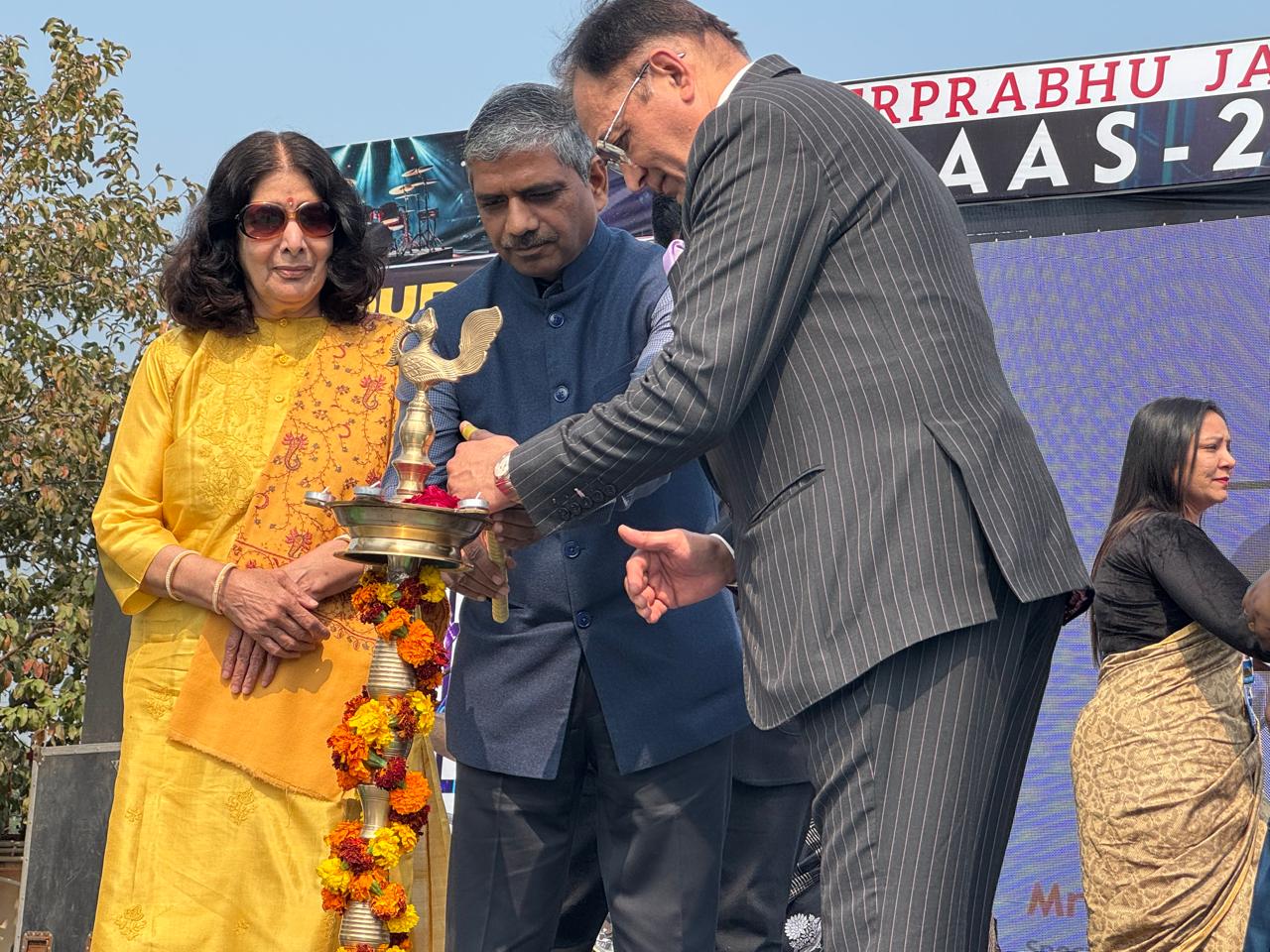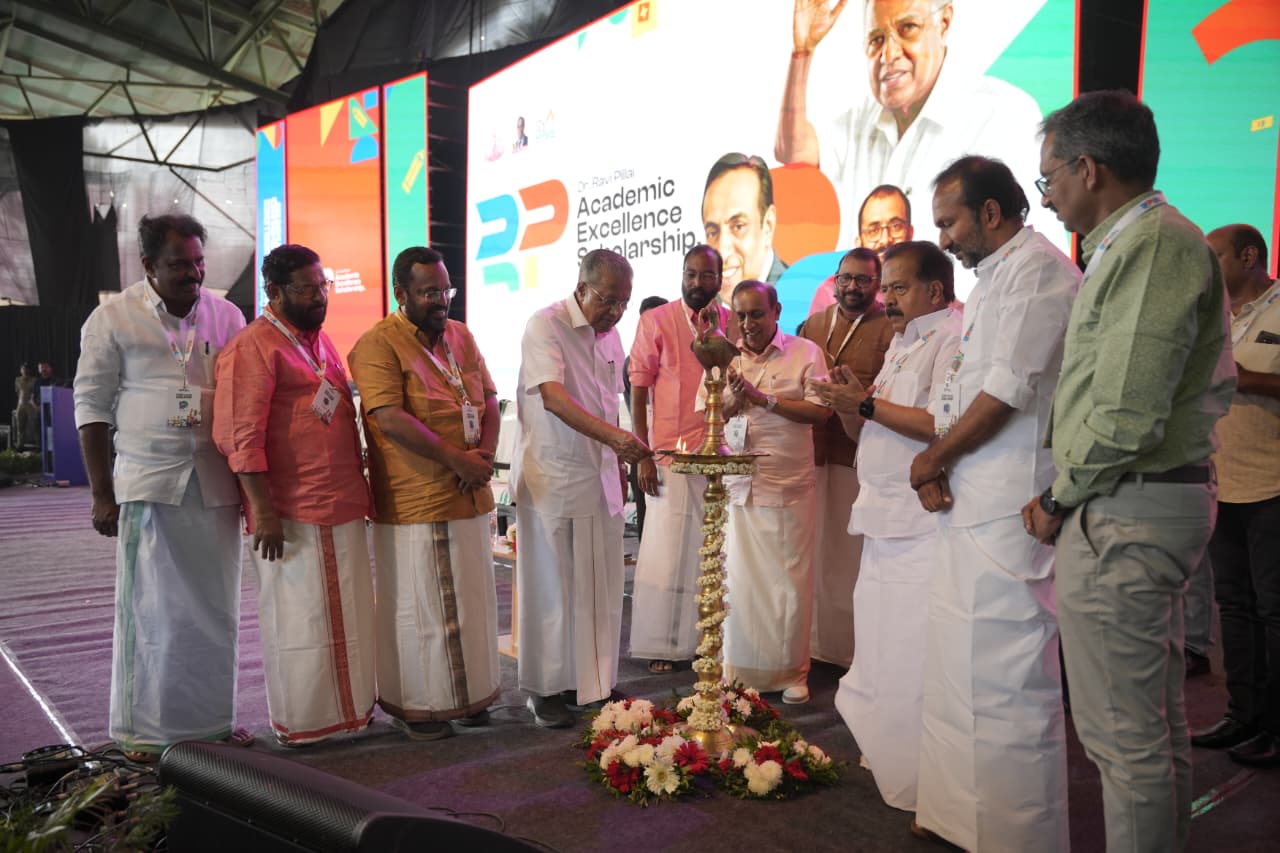In a pointed rebuttal to West Bengal Chief Minister Mamata Banerjee’s comments on rape incidents across India, the Central Government has highlighted that although Bengal was allocated 123 fast-track courts to handle rape and child abuse cases, many of these courts are still not operational.
Ms. Banerjee had recently written to Prime Minister Narendra Modi, demanding stricter central laws to punish rapists. This move followed the rape and murder of a 31-year-old doctor at Kolkata’s RG Kar Medical College and Hospital. In her letter, the Trinamool Congress leader cited data indicating that 90 rape cases occur daily in the country, with many victims also being murdered.
“The increasing frequency of such crimes is alarming. It erodes public trust and societal conscience. It is our duty to put an end to this menace, ensuring that women feel safe and secure. This grave issue requires a comprehensive response through stringent central legislation, mandating exemplary punishments for the perpetrators of these heinous crimes,” Banerjee wrote. She also proposed the establishment of fast-track special courts to expedite the trials, suggesting that they should ideally conclude within 15 days.
Responding to Ms. Banerjee’s letter, Union Minister for Women and Child Development Annpurna Devi began by expressing her condolences to the family of the doctor who was raped and murdered. The minister noted that the newly implemented Bharatiya Nyaya Sanhita last month “comprehensively addresses crimes against women by stipulating severe punishments.”
Addressing the issue of fast-track courts, the minister pointed out that a centrally sponsored scheme to establish such courts was launched in October 2019. “As of June 30, 2024, 752 Fast Track Special Courts (FTSCs), including 409 exclusive POCSO Courts, are functional across 30 states and Union Territories, having resolved over 253,000 cases since the scheme’s inception. West Bengal was allotted 123 FTSCs under this scheme, comprising 20 exclusive POCSO Courts and 103 combined FTSCs for both rape and POCSO Act cases. However, none of these courts were operational until mid-June 2023,” she said.
“The West Bengal government expressed its willingness to participate in the scheme via a letter dated June 8, 2023, committing to start seven FTSCs. Under the revised target, West Bengal has been allocated 17 FTSCs, out of which only six exclusive POCSO Courts are operational as of June 30, 2024. Despite a backlog of 48,600 rape and POCSO cases, the state government has not taken steps to activate the remaining 11 FTSCs. This matter remains pending with the state government,” the minister added.
Ms. Devi also criticized the Trinamool Congress government for not implementing a national helpline designed to assist women and children in distress.
“Recognizing the importance of helplines as first responders during critical situations, the Women Helpline (WHL) 181, Emergency Response Support System (ERSS) – 112, Child Helpline 1098, and Cyber Crime Helpline 1930 have been established in recent years. The WHL and Child Helplines are integrated with the ERSS. However, unfortunately, the residents of West Bengal cannot utilize these services because the state government has not implemented the WHL, despite numerous requests and reminders from the Government of India,” she said.
The Union Minister argued that the existing legal framework is robust enough to combat crimes against women. “You would agree that effectively implementing these laws and the various initiatives of the Central Government for women’s safety falls within the purview of the state government. It is crucial that the state’s machinery is fully aware and prepared to utilize the legal and strategic provisions made by the Central Government to ensure the safety and security of women and girls in West Bengal,” she stated.
“I sincerely hope and trust that the Government of West Bengal will strive to eliminate all forms of discrimination and violence against women and girls, creating a safe and secure environment and a gender-equal society where they can thrive,” the minister concluded.











